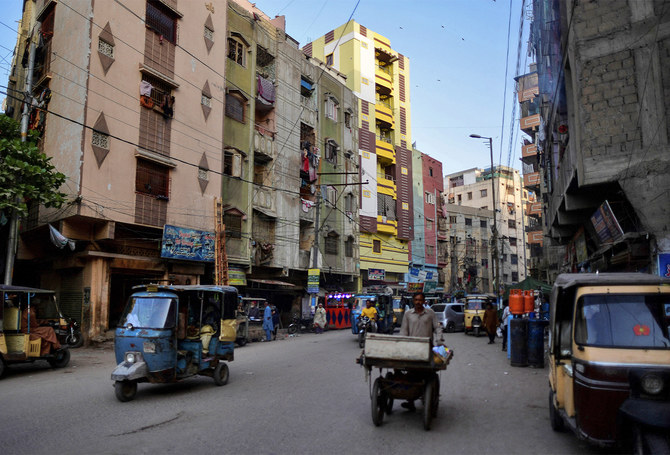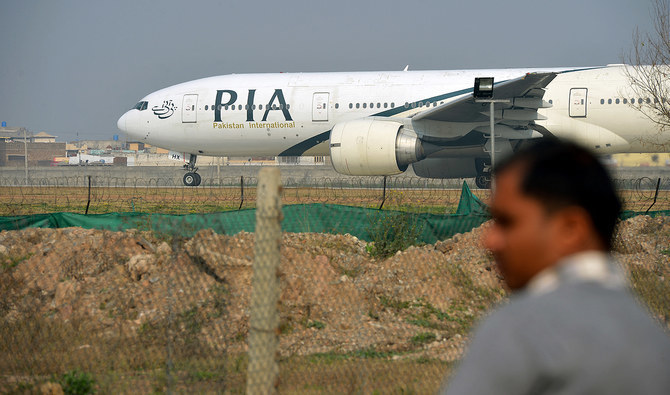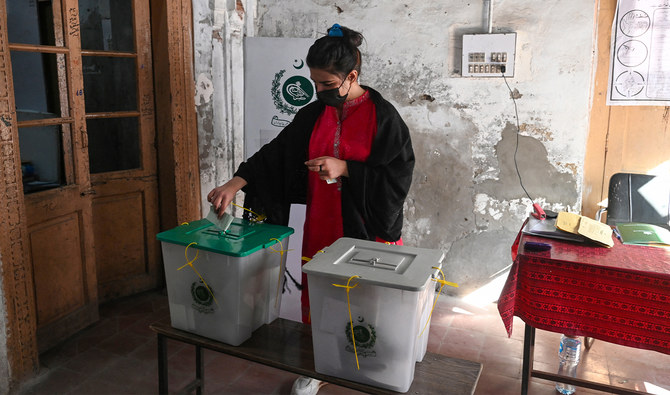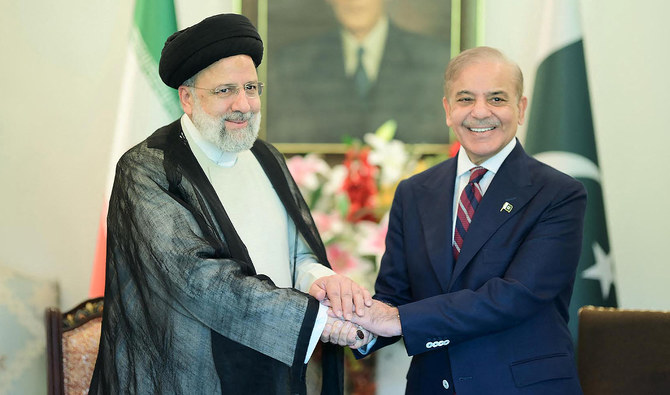KARACHI: The government in Pakistan’s southern Sindh province on Tuesday presented Rs1.713 trillion ($8.2 billion) budget for fiscal year 2022-23, allocating Rs332.165 billion ($1.6 billion) for development projects in the province.
The budget, presented by Sindh Chief Minister Murad Ali Shah, estimated the provincial government would generate a revenue of Rs1.67 trillion against an expenditure of Rs1.7 trillion, having a deficit of Rs33.848 billion ($164 million).
“The budget is pro-poor where steps have been taken to ensure social protection and economic sustainability,” CM Shah said, while addressing the budget session of the Sindh Assembly. “No new tax have been imposed.”
The chief minister informed the overall revenue receipts would include Rs1.055 billion ($5.1 million) federal transfers, Rs374.5 billion ($1.8 billion) provincial receipts and Rs167.5 billion ($812 million) provincial tax receipts, excluding the general sales tax (GST) on services.
The Sindh government has allocated Rs332.165 billion ($1.6 billion) for the Annual Development Program (ADP) 2022-23, which is around 50 percent more than the allocation for the outgoing year. “Funds would be utilized for 4,158 schemes, including 2,506 ongoing and 1,652 new schemes,” CM Shah said.
He said his government kept the education sector its top priority by allocating Rs326.80 billion ($1.6 billion), more than 25 percent of the total budget outlay.
“Health Sector has also been given top priority,” Shah said. “The total outlay of the health budget for the fiscal year 2022-23 is proposed at Rs206.98 billion ($1 billion) that covers primary, secondary, and tertiary health care services, preventive interventions as well as other communicable and non-communicable diseases,” the chief minister said. “This year the health sector budget is 14 percent higher, in comparison to Rs181.22 billion ($878 million) during FY22.”
The provincial government increased allocations for maintaining law and order to Rs124.873 billion ($605 million) from Rs119.98 billion ($581 million) for the outgoing financial year.
The chief minister announced an Adhoc Relief Allowance for government servants at the rate of 15 percent of Basic Pay Scales (BPS) starting July 2022.
“If other provinces decide to increase the salaries of their employees more than the employees of the Sindh government, we would take decisions accordingly,” he said. “Though salaries and pensions of our employees are better than the employees of other provinces.”
Despite the announcement of a 10 percent increase in net pension by the federal government in March and its subsequent enhancement to 15 percent from July 1, pensioners of the Sindh government would still be getting 12.5 percent more of net pension than the former federal government employees, according to the chief minister.
He announced exempting toll manufacturing services from sales tax and that recruiting agents would continue to avail 5 percent tax relief for the next two years to encourage facilitating Pakistanis aspiring to work overseas.
On Monday, the Khyber Pakhtunkhwa government also presented the provincial budget, with an outlay of Rs1.3 trillion ($6.3 billion) for the next fiscal year, earmarking Rs350 billion ($1.6 billion) for the development schemes.
The federal government last week unveiled a Rs9.5 trillion ($47 billion) budget for the next fiscal year, with Rs800 billion ($3.9 billion) allocated for public sector development.
















